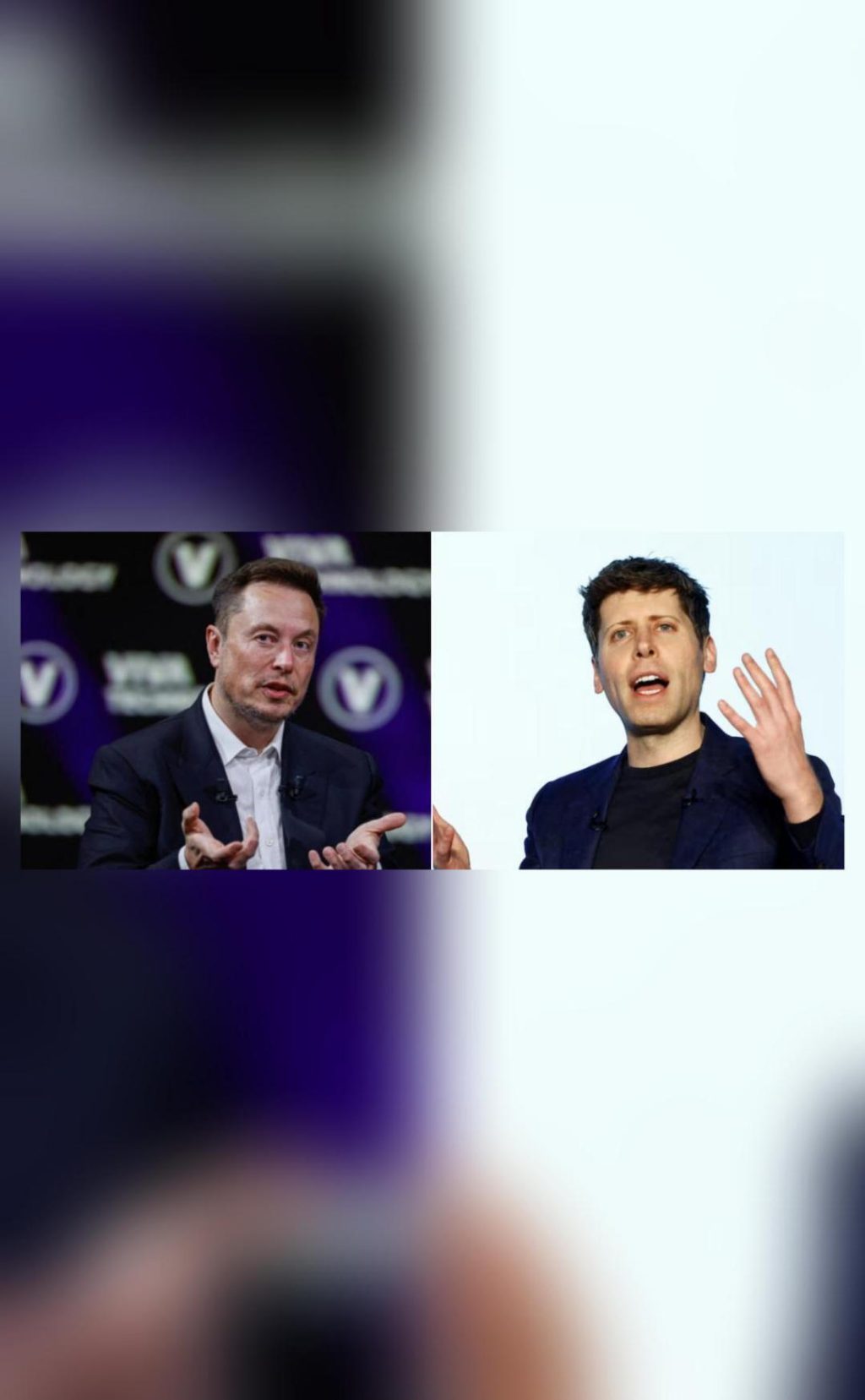
OpenAI & Elon Musk Agree to Fast-Track Trial Over For-Profit Model
In a recent development, Elon Musk and OpenAI have agreed to fast-track a trial regarding OpenAI’s transition to a for-profit model, according to a court filing. This decision comes after a court had earlier denied Musk’s request to pause OpenAI’s transition to the model.
Last year, Musk sued OpenAI and its CEO Sam Altman, accusing the company of straying from its original goal of creating AI for humanity’s benefit. Musk claimed that OpenAI’s decision to transition to a for-profit model would lead to the company prioritizing profits over the greater good. He argued that this would ultimately harm the development and deployment of artificial intelligence (AI) for the benefit of humanity.
The lawsuit was filed in the Delaware Court of Chancery, and the court’s decision to deny Musk’s request to pause OpenAI’s transition was seen as a significant blow to his efforts. However, the agreement to fast-track the trial suggests that Musk is not giving up his fight.
The dispute between Musk and OpenAI centers around the company’s decision to transition from a non-profit organization to a for-profit entity. OpenAI was founded in 2015 by Musk, along with other tech entrepreneurs, with the goal of advancing AI research and development. Initially, the company was funded by donations and grants, with the aim of creating AI that would benefit humanity.
However, in 2020, OpenAI announced that it would be transitioning to a for-profit model, with the aim of generating revenue through the development and licensing of AI technology. This decision was met with criticism from some quarters, who argued that it would lead to the company prioritizing profits over the greater good.
Musk’s lawsuit against OpenAI and its CEO, Sam Altman, claims that the company’s decision to transition to a for-profit model was a violation of its original purpose and principles. He is seeking damages and an injunction to block the company’s transition.
The agreement to fast-track the trial suggests that both parties are eager to resolve the dispute as quickly as possible. The trial is expected to be a complex and contested one, with both sides presenting their arguments and evidence.
The outcome of the trial is likely to have significant implications for the development and deployment of AI technology. If OpenAI is successful in its transition to a for-profit model, it could pave the way for other AI research organizations to follow suit. However, if Musk is successful in blocking the transition, it could lead to a delay in the development of AI technology.
The dispute between Musk and OpenAI also highlights the challenges and complexities of regulating AI research and development. As AI technology continues to advance, there is growing concern about the potential risks and benefits associated with its development and deployment. The dispute between Musk and OpenAI underscores the need for careful consideration and regulation of AI research and development to ensure that it is used for the benefit of humanity.
In conclusion, the agreement to fast-track the trial between Elon Musk and OpenAI is a significant development in the ongoing dispute over the company’s transition to a for-profit model. The outcome of the trial is likely to have significant implications for the development and deployment of AI technology, and highlights the need for careful consideration and regulation of AI research and development.
Source:






